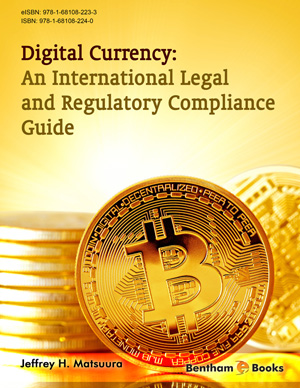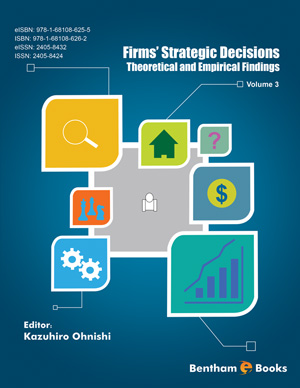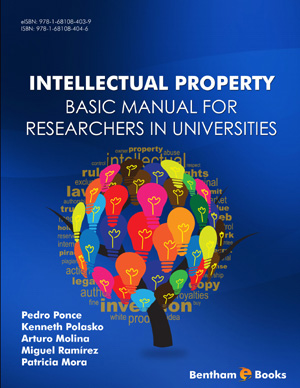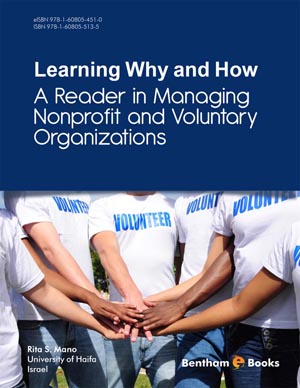Abstract
The increasing awareness of the effects of food production and consumption on the natural environment as well as growing environmental, social and ethical concern of consumers have led to increased pressure on the agrifood industry from all stakeholders to deal with social and environmental issues related to their supply chains within product lifecycles, from ‘farm to fork’.
On the other hand, “greening” per se does not attract much attention amongst the agrifood business leaders, unless it is combined with economic waste elimination. Already, there is a body of knowledge emerging in this area which alludes to the natural fit between economic waste elimination through continuous operational improvement (such as lean) and environmental waste management (Hawken et al., 1999). At the same time, researchers such as Zokaei et al., (2010) and Hines (2010) illustrate that lean techniques and continuous improvement culture can be integrated with greening techniques into a single holistic approach. The Lean management concept aims to eliminate the “waste”, which refers to the non-value adding tasks from the system and is based upon the idea of Automation and ‘just in time’ (JIT) production.
Many authors argue that there is a natural fit between economic waste elimination and operational excellence (e.g. lean thinking) and environmental waste elimination (Hawken et al., 1999; Zokaei et al., 2010). However, the existing levels of lean maturity in manufacturing industries are underpinned by several decades of continuous improvement and refinement of approaches. This is hardly the case in the agrifood sector and therefore, the basic foundations for using operational excellence as means of 'greening' the sector may not exist (or at least they may not be mature enough).
The paper assesses the applicability of lean management techniques and concepts to greening of the agrifood supply chains; the research investigates actual systems, through case study analysis. The objective is to gather evidence on the best lean and green practices in the agrifood sector and assess the tools and concepts deployed by the food industry to realise the potential synergies between economic and environmental waste elimination and continuous improvement.
Keywords: Environmental Performance, Economic Performance, Food Chain; Lean, Green Paradigm, food production, food consumption, natural environment, agrifood industry, economic waste elimination, continuous operational improvement, environmental waste management, just in time’ (JIT) production, lean maturity, sustainability, supply chain sustainability, case study analysis, economic synergies, lean supply chain, lead time reduction, value, supplier relations









.jpg)


